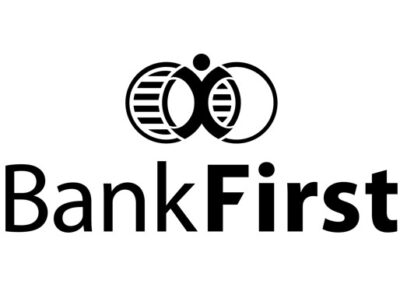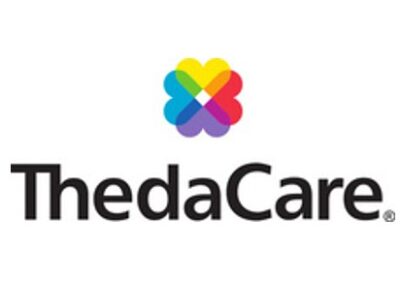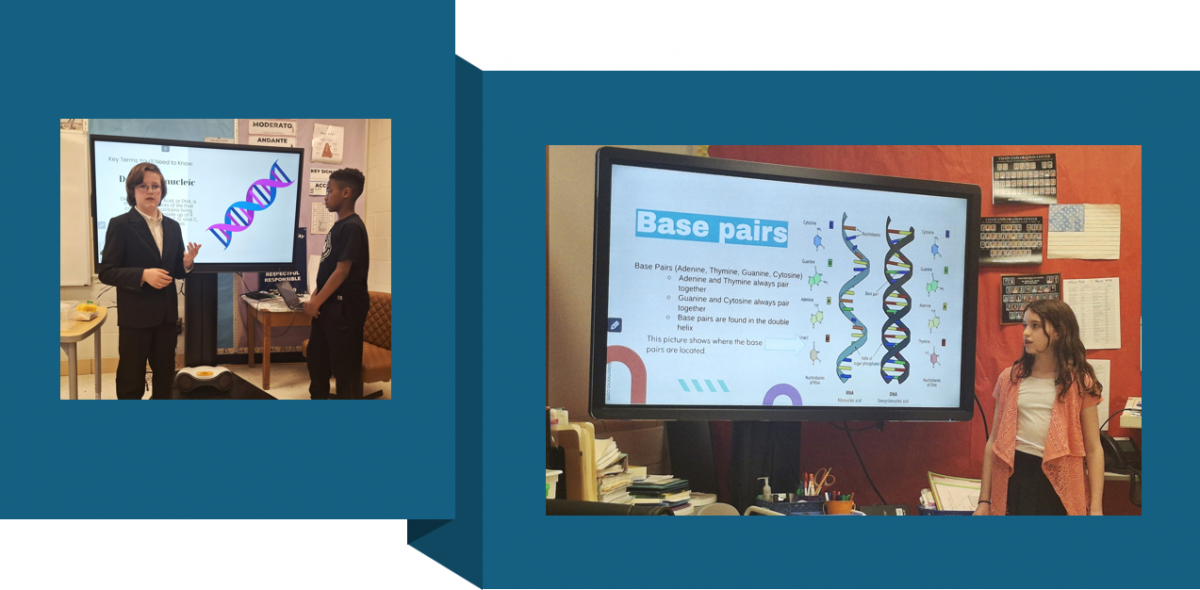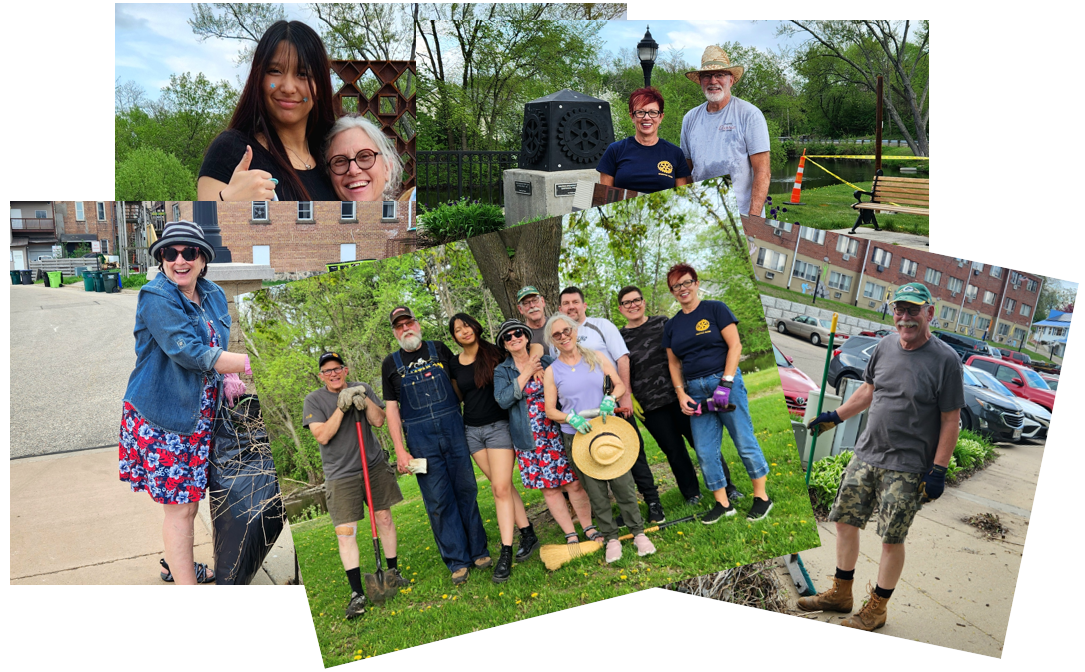Are you looking for an organization where you can meet friends, grow your professional network, and do some good for the community and the world?
We’re looking for you, too!
Want to help?
Help us do good in our community. Click the button to the right to see a list of volunteer opportunities.
Have Fun at Casino Royale at the Indian Crossing Casino!
Winter blues got you down? Find some excitement at Casino Royale! The fun begins at 7pm on February 21st at the Indian Crossing Casino in Waupaca! Spin the roulette wheel. Enter the 50/50 raffle. Roll the dice for Craps. Try your hand at blackjack and poker… Take your chances and you could win great prizes!
Hijinx will be performing a mix of classic hits and today’s pop so you can party down, and cocktails and tapas are available for purchase.
Tickets are $20 per person and you will receive free chips to play. Don’t miss out!
To purchase tickets, click the QR code on the image (right), stop by the Waupaca Chamber offices or Office Outfitters, ask a Rotary Member, or simply get them at the door.
Please help us thank our sponsors listed on the bottom of the flyer (right) for their support of Casino Royale, and for all the good things the Rotary Club of Waupaca is able to do in our community and around the world.

The Rotary Club of Waupaca
Serving others, promoting integrity, and advancing understanding, goodwill, and peace in the Waupaca area and around the world.
Over 90 members strong, we are committed to acting locally and globally to address the biggest challenges of our time. Together, we work to:
- Support education
- Protect the environment
- Grow local economies
- Promote Peace
- Support mothers & children
- Provide Clean water, sanitation & hygiene
- Fight disease
In addition to hands-on projects focused on the environment, housing, hunger and other needs, we raise funds through community events to support a range of programs and service projects that improve lives locally and around the world.
Ready to attend a meeting?
Thanks to Our Ambassadors
Learn more about Rotary Club of Waupaca Ambassadors here.
Platinum Sponsors
The Good Things We’re Doing!















